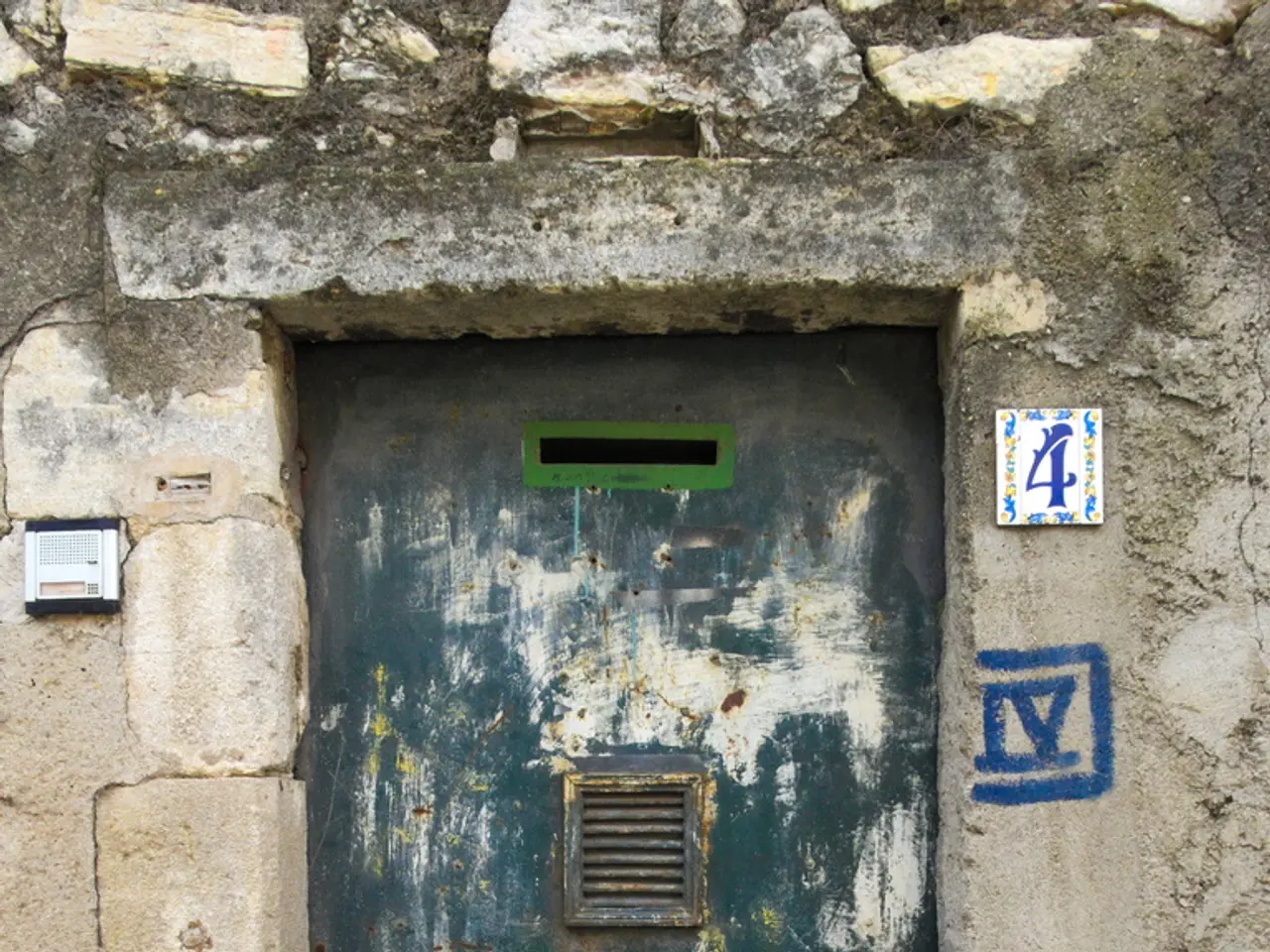Tough Migration Stance Defended by Dobrindt: Signal Right Attitude - Strengthened Immigration Strategy Advocacy by Dobrindt: Signal Appropriate Immigration Messages
In recent developments, Alexander Dobrindt, the Federal Minister of the Interior in Germany, has been leading a significant push to strengthen and tighten migration controls both domestically and at the EU level. This renewed focus on asylum processes and stricter measures is aimed at reshaping Germany's migration policy.
Key recent developments include:
- **EU Migration Summit**: Dobrindt has announced plans to convene an EU interior ministers' summit on July 18 in Zugspitze, Germany. The summit aims to deliver a "Zugspitz Declaration," focusing on tightening European migration policy. The meeting will bring together ministers from France, Poland, Austria, Denmark, the Czech Republic, and the EU Commissioner for Internal Affairs. The main goals include innovative cooperation with third countries, combating smuggling-related crimes, ensuring consistent deportations, and securing EU external borders[1][4].
- **Agreements with Third Countries**: Germany is negotiating direct agreements with the Taliban in Afghanistan to facilitate deportations of Afghan nationals, including convicted migrants. This approach aims to bypass reliance on third parties and streamline repatriations. Similarly, Germany is in talks with Damascus for similar agreements concerning Syrian migrants convicted of crimes[2].
- **Deportation Controversies**: The plan to deport migrants back to Afghanistan has drawn international criticism, including from the United Nations. These policies come amid severe humanitarian crises in Afghanistan and concerns about the Taliban's human rights record, raising fears about the safety and rights of deported individuals[3].
- **National Legislative Measures**: Dobrindt has imposed stricter controls targeting irregular migration, including limiting refugee family reunification and introducing more rigorous asylum procedures. These moves are aligned with Chancellor Friedrich Merz's government coalition pledges to reduce irregular migration and enforce tougher asylum laws[5].
- **Implementation of Border Controls**: Germany implemented stationary border controls at Poland in October 2023 under the then Federal Minister of the Interior, Nancy Faeser (SPD)[6].
The policy's impact is evident in a significant reduction in illegal migration. Germany has dropped to third place among the destination countries for illegal migration in Europe, with the number of initial asylum applications in June 2021 being 60% less than a year ago and below the 7,000 mark[6]. Moreover, the reduction in illegal migration began in September with the rejections at the borders[7].
However, these measures face significant scrutiny from human rights organizations and international bodies due to Afghanistan's unstable situation and risks posed to deportees. The EU-wide summit and proposed declarations signal a potential wider European alignment on stricter migration controls, but actual implementation and cohesion among diverse member states remain to be seen[1][2][3][4][5].
In summary, Dobrindt's migration policy is marked by robust efforts to tighten barriers and expedite deportations, coupled with ambitions to coordinate at the EU level. While successful in advancing a hardline agenda domestically and seeking European allies, the policy's humanitarian consequences and international criticism reflect ongoing challenges and contentious debates about its long-term effectiveness and ethical implications[1][2][3][4][5].
- The Commission is proposing to extend the scope of the programme to cover the general news of Dobrindt's migration policy, including policy-and-legislation related to stricter controls, war-and-conflicts in Afghanistan, and politics surrounding deportations of Afghan nationals.
- In light of the EU Migration Summit, where ministers from various European countries, including Germany, are planning to deliver a declaration focusing on tightening European migration policy, there is a growing focus on migration and the implementation of such policies in the areas of migration, politics, and policy-and-legislation.
- As a result of Dobrindt's migration policy, which aims at reshaping Germany's migration policy through stricter measures, the general public and media – represented by general-news outlets – are increasingly monitoring the policy landscape, especially in relation to migration, war-and-conflicts, and human rights, to understand the policy's effects and implications.







